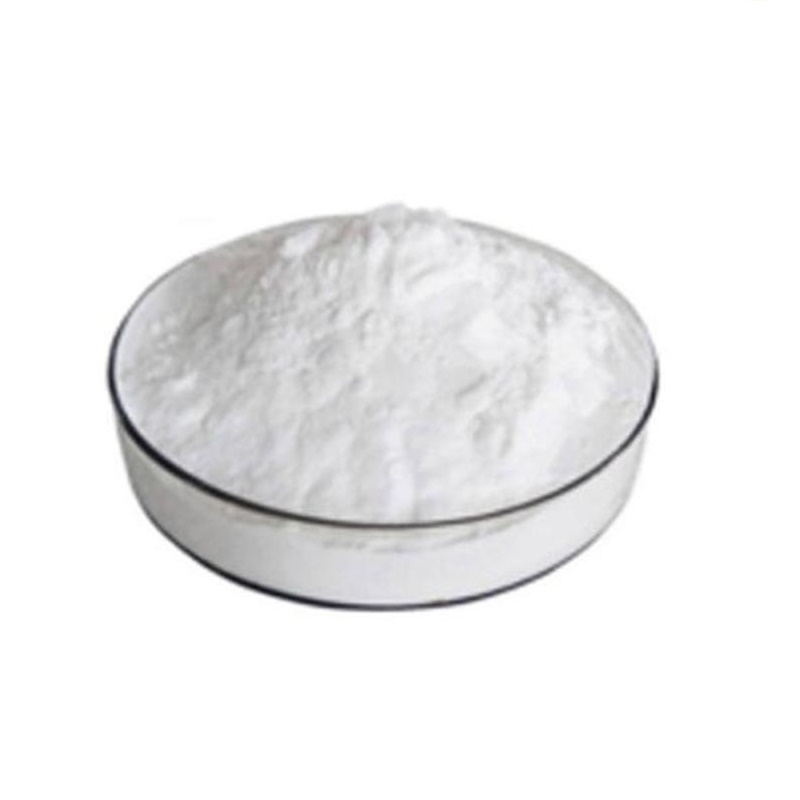Sales hotline
Sales hotline
Home >> Products >> Pigments and dyes


CAS number:12001-26-2
molecular formula:Al2K2O6Si
molecular weight:256.24
EINECS number:601-648-2
POTASSIUM MICA;MUSCOVITE;MuscovitepotassiumMICA;MICA,WATERGROUND;MUSCOVITEMICA;C.I. 77019;Mica;Muscovite potassium
Silane reagents; Pigments; Chemical raw materials; Raw materials; Inorganic chemical raw materials; Chemical reagents-scientific research reagents; proteins; UVCBs-inorganic
Mica is a general term for the mica group of minerals, which are aluminosilicates of metals such as potassium, aluminum, magnesium, iron, and lithium. They are all layered structures and monoclinic. The refractive index of mica increases correspondingly with the increase of iron content, from low positive protrusions to medium positive protrusions. The iron-free variant is colorless in the flakes, the higher the iron content, the darker the color, and the increased pleochroism and absorption.
Mica block mica has very high insulation and thermal insulation properties, good chemical stability, strong acid, strong alkali and compression resistance, so it is an important raw material for the manufacture of electrical equipment, so it can also be used as an insulating material in hair dryers. Mica also has birefringence, so it is also an optical instrument material for making polarizers. Mica mining used in the electrical industry must be mica blocks with an effective area greater than 4 square centimeters, without cracks and perforations, and non-mica minerals on the edge must not exceed 3 mm. After the mica is mined, the quality is divided into 4 categories according to the effective area, and the best special category is larger than 65 square centimeters.
| Density | 2,77 g/cm3 |
| Refractive index | 1.55-1.61 |
RTECS | VV876000 |
| shape | Light gray to dark-colored flakes or particles |
Water solubility | Insoluble in water. |
Mica is a layered structure, monoclinic; the crystals are pseudo-hexagonal flakes or plates, and occasionally columnar; the layered cleavage is very complete, with vitreous luster, and the flakes are elastic. It can maintain a transparent state for a long time below 500 ℃, has no elastic loss and carbonization, has good cleavage (that is, can be peeled into very thin sheets), and also has high electrical resistance and extremely high heat resistance. At the same time, it has good chemical stability, high mechanical strength, small shrinkage rate, non-flammable, non-moisture absorption, and the sheet is soft and elastic.
● Mica has become an important raw material for power and electronics industries, such as capacitors and insulating materials, due to its good dielectric properties. Due to its good heat resistance, it can be used as a lining of smelting furnaces, linings of rocket launch tubes and ablation-resistant layers of rocket engines. In addition, it can also be used to make mechanical parts, lightweight building materials, and as a filler for paper, plastic, rubber, etc. Mica is also impact-resistant plastic, cosmetic
● Can be used as filler for building materials, paper, pigments, plastics, rubber, etc.
● The mica beneficiation process varies according to the origin and the nature of the raw ore, and it is divided into two processes: dry method and wet method. The dry beneficiation method is that the raw ore is subjected to coarse crushing, impurity removal, fine crushing and sorting to obtain products. According to needs, the ultra-fine crushing process can be carried out after fine crushing. Wet beneficiation is obtained by washing, coarsely crushing, finely crushing, grinding, sorting, dehydrating and drying raw ore.
Sales hotline:

 Scan and consult wechat customer service
Scan and consult wechat customer service